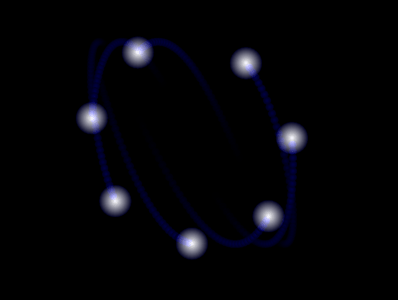Mirjam Eliadhari presents her Sims 2 story about the Katt family here.
And yes, it really does work. In Mirjam’s recounting (making-it-into-a-story), it very much becomes some kind of daytime soap – people snapping in and out of love, high drama, and so on. And I guess that soaps just were one of the not-so-talked-about inspirations behind Sims.
The other big inspiration – at GDC Europe 2002, someone proposed that reality TV was one of the things that had paved way for the Sims. And if you think about it, it does look a lot like Big Brother.
Steven Johnson writes about how he recreated his family in Sims 2 only to have “himself” burn to death in an instant.
It wasn’t supposed to be my thing, but I find Sims 2 quite appealing (I would really like to play it instead of having to work now – and much more so than the previous incarnations.
It’s official: Will Wright is the new Emile Zola and the new Aaron Spelling.

